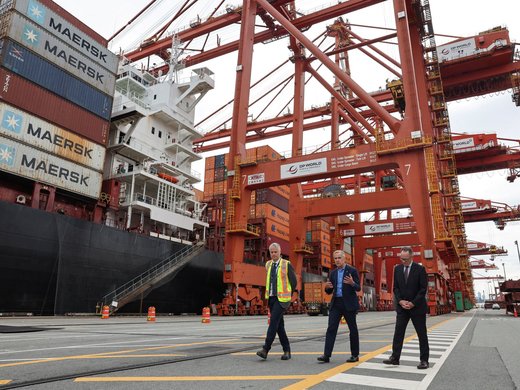Bilateral and regional trade deals frequently include patent provisions that go beyond the minimum requirement of the multilateral Agreement on Trade-Related Aspects of Intellectual Property Rights (TRIPS). They extend the scope of patentability and provide additional rights to patent holders. This paper systematically maps these “TRIPS-plus” agreements. Exploiting a new data set, 52 TRIPS-plus agreements are found to have been concluded between 1990 and 2017. The major proponents of these TRIPS-plus agreements on patents are the United States, followed by the European Union and the European Free Trade Association. Other technology-rich countries, such as Japan and Korea, have surprisingly few TRIPS-plus provisions on patent protection in their trade agreements. Few South-South trade agreements include TRIPS-plus provisions, but some include TRIPS-extra provisions on genetic resources and traditional knowledge. Having a clear picture of these TRIPS-plus agreements is essential as they can have important social and economic consequences, including for the development of innovations and access to technologies.


